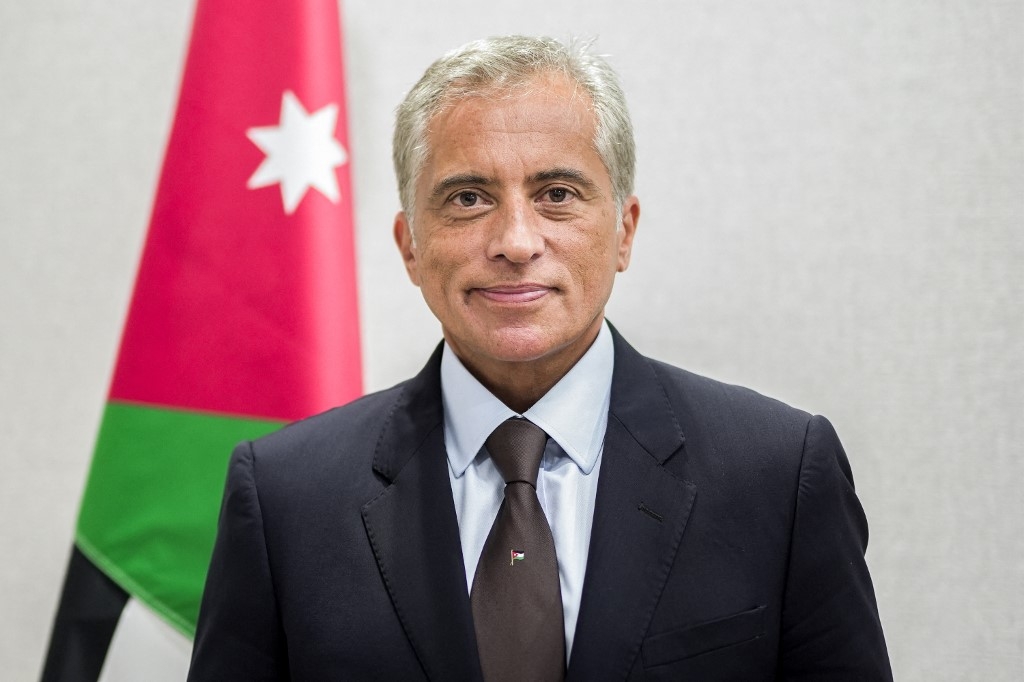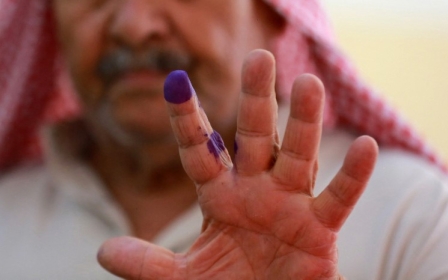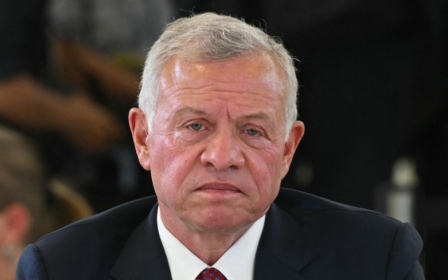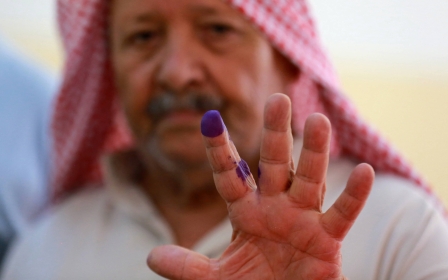Jordan names new prime minister after parliamentary election

Jordan's King Abdullah II has appointed Jafar Hassan as the kingdom's new prime minister following a parliamentary election.
In an official statement, the palace announced Hassan's appointment after his predecessor, Bisher Khasawneh, submitted his resignation to the king on Sunday.
Hassan, 56, previously served as planning minister and chief of staff to the king.
King Abdullah called on Hassan to "mobilise all efforts to support the steadfastness of our Palestinian brothers" in Gaza, the occupied West Bank and "holy Jerusalem".
He urged him to use "all our energy through Arab and international movements to protect the Palestinian people and stop the attacks and blatant violations of humanitarian principles and international law".
New MEE newsletter: Jerusalem Dispatch
Sign up to get the latest insights and analysis on Israel-Palestine, alongside Turkey Unpacked and other MEE newsletters
Jordanians cast their votes on Tuesday in the first general election held under a new electoral law aimed at increasing the role of political parties in the 138-seat parliament, which has long been dominated by tribal and pro-government factions.
The Islamic Action Front (IAF), the political arm of the Muslim Brotherhood, won up to a fifth of the seats under the 2022 electoral law, which for the first time allocated 41 out of 138 seats to political parties.
The revamped law is intended to weaken the tribal grip on power and bolster the role of political parties.
However, the parliament remains largely in the hands of tribal, centrist and pro-government members.
Despite gains by the IAF, the election was marked by widespread voter apathy. Initial figures showed a turnout of 32 percent among the 5.1 million eligible voters across 18 electoral districts, a slight improvement from the 29 percent turnout in the last election in 2020.
Middle East Eye delivers independent and unrivalled coverage and analysis of the Middle East, North Africa and beyond. To learn more about republishing this content and the associated fees, please fill out this form. More about MEE can be found here.




